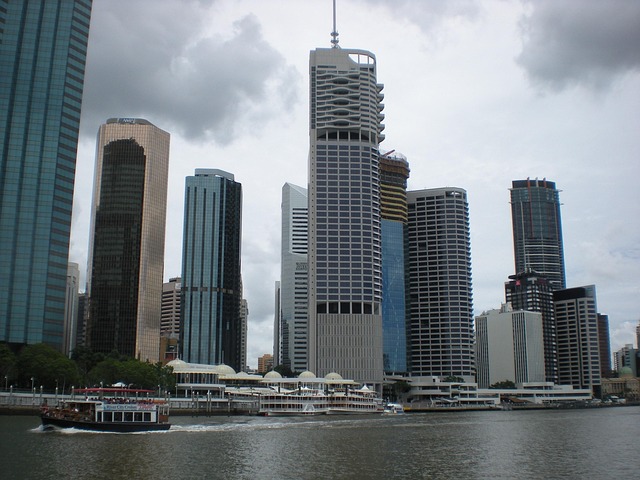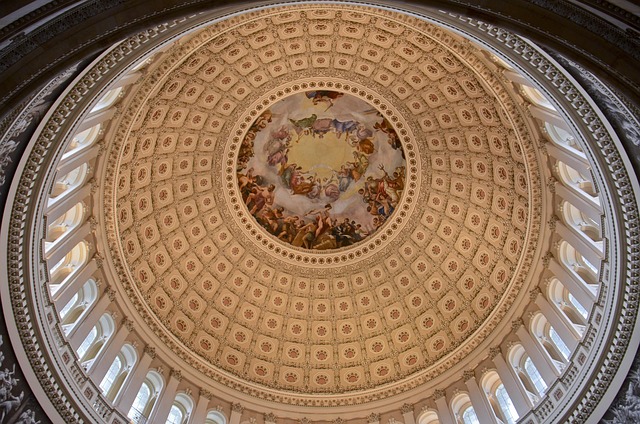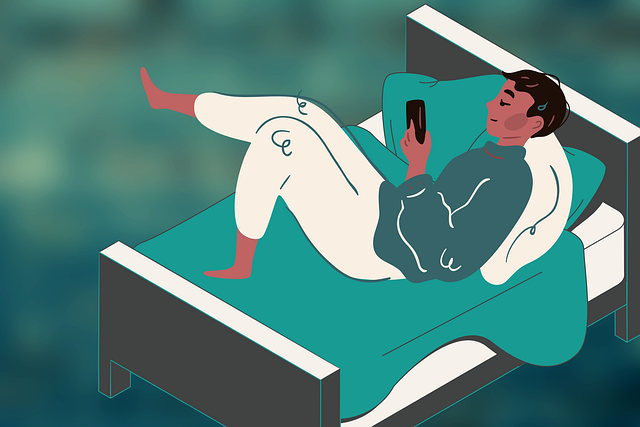In Washington D.C.'s competitive food delivery market, ghost kitchens are popular but face a complex TCPA (Telemarketing Consumer Protection Act) compliance challenge. Non-compliance can lead to severe penalties and legal issues. Spam call lawyers in the District guide operators through regulatory maze, ensuring adherence to caller ID rules, do-not-call lists, and marketing consent. Staying compliant involves robust opt-out mechanisms, staff training, tech solutions, and regular audits; collaborating with reputable spam call lawyers ensures staying informed and protected from potential legal challenges.
Understanding TCPA and Its Relevance to Ghost Kitchens in DC

In the dynamic landscape of food delivery services, particularly in the bustling metropolis of Washington, D.C., ghost kitchens or cloud kitchens are on the rise. These innovative culinary spaces optimize cooking and logistics for multiple brands under one roof. However, as this model gains traction, understanding the nuances of TCPA (Telemarketing Consumer Protection Act) compliance becomes paramount. The TCPA is a robust federal law designed to protect consumers from unwanted spam calls, texts, and faxes, ensuring that businesses engage in ethical telemarketing practices. For ghost kitchens, adhering to these guidelines is not just a legal necessity but also a way to maintain customer trust.
Given the high volume of communications involved in food delivery, including order confirmations, marketing alerts, and customer service interactions, ghost kitchen operators must stay vigilant about TCPA compliance. Spam call lawyers in the District of Columbia highlight that failure to adhere to these rules can result in significant fines and legal repercussions. Therefore, it’s crucial for businesses to implement robust communication protocols, ensure informed consent, and maintain meticulous records to navigate the complexities of TCPA regulations effectively.
Navigating Spam Call Regulations: Legal Obligations for Ghost Kitchen Operators

Navigating Spam Call Regulations is a complex task for Ghost Kitchen Operators in Washington, D.C., given the strict laws aimed at curbing unwanted telemarketing calls. The Telephone Consumer Protection Act (TCPA) imposes significant legal obligations on businesses engaging in outbound phone calls, including those made by third-party marketing firms operating on behalf of ghost kitchens. Violations can lead to substantial financial penalties and damage to a business’s reputation.
Spam call lawyers in the District of Columbia play a crucial role in guiding operators through this regulatory landscape. They ensure compliance with TCPA rules regarding caller ID manipulation, do-not-call lists, and consent requirements for marketing calls. By employing these legal experts, ghost kitchen operators can protect themselves from regulatory scrutiny, maintain customer trust, and avoid costly lawsuits associated with spam call complaints.
Strategies for Compliance: Protecting Your Ghost Kitchen from Legal Troubles

Staying compliant with the Telephone Consumer Protection Act (TCPA) is paramount for ghost kitchens in Washington, D.C., to avoid legal troubles and protect their operations. One effective strategy is to implement robust opt-out mechanisms on all marketing calls and texts. This ensures that customers can easily stop receiving communications from your brand, a key requirement of the TCPA. Training staff on these procedures is essential; they should be able to verify and document customer preferences.
Additionally, employing technology solutions designed to block spam calls and manage customer consent can significantly enhance compliance. Collaborate with reputable spam call lawyers in the District of Columbia to stay informed about legal updates and best practices. Regular audits of your communication protocols will help identify areas for improvement, ensuring your ghost kitchen remains TCPA-compliant and shielded from potential legal challenges.






